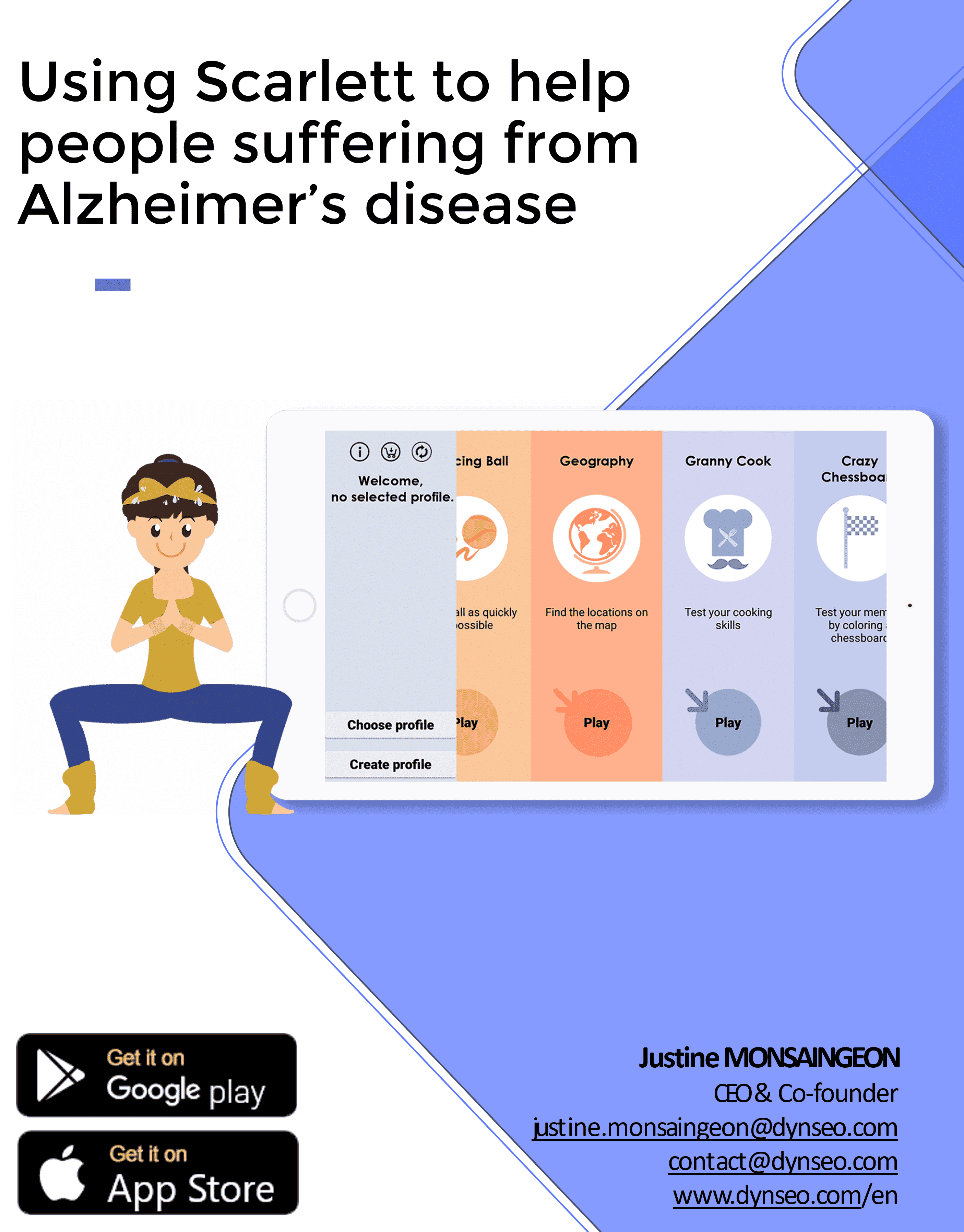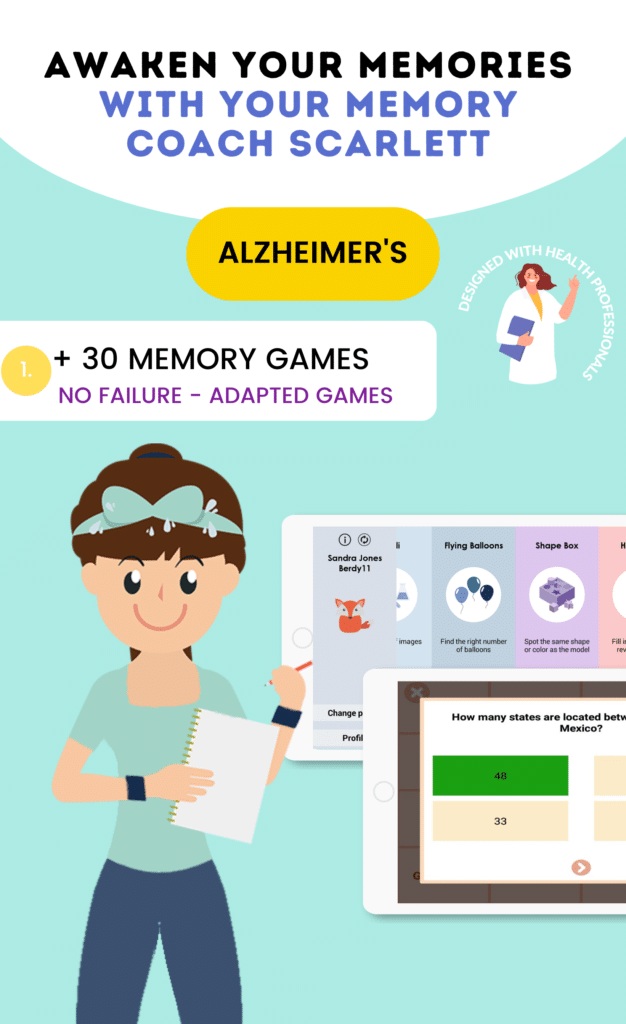You’re wondering how to explain Alzheimer’s to a child ? Jeannette is here to help you.
Tips to explain Alzheimer’s to a child
“Why is Grandma like that? Why does she always forget my name ?” These are questions that your children can ask you, when they face changes in behaviors and moods of their grandparents.
So Jeannette : how can we explain Alzheimer’s disease ?
Alzheimer , should we talk about it ?
Indeed, parents often tell us that they want to protect their children. However, a child who does not understand can resent their grandparents “for being like this,” or use his imagination to explain these changes, and this can lead to misinterpretations a child will suffer from. They could think their grandparent does not love them anymore, or are not interested in them. We must therefore take the time to explain the disease even if it is not easy. I will try here to give you some advice.
How to explain the symptoms?
The easiest way to start is to talk to the child: What scares him? What worries him? This will make it easier to explain the key elements that must include:
– The disease is not contagious.
– This disease causes difficulties in everyday life to remember events, names, paths, etc. You should start explaining these symptoms starting by using concrete events that the child has lived with his grandparents.
– We must be patient and realize that it’s not easy for someone to accept that he forgets things .. and especially since we unfortunately cannot be cured. And although his or her capabilities are dicreasing, he or she will always remain grandma or grandpa!
Finally, your children are very creative, they can even suggest new ways of communication adapted to your own parents. Our memory games and brain training are often used in care homes in Alzheimer’s unit, and caregivers have realized that it was a great tool for families to keep having an activity together. It is often magical to make grandparents play with their grand children on a tablet !
Throw yourself in, the hardest part is to start the conversation!
Understanding Emotions Related to Alzheimer’s
Children may experience a range of emotions when they observe changes in their grandparents due to Alzheimer’s. It’s important to help them process these feelings. Here are some common emotions and how to address them:
- Confusion: Explain that it’s normal to feel confused when someone we love behaves differently.
- Sadness: Acknowledge their feelings of sadness and encourage them to express these emotions openly.
- Frustration: Discuss the importance of patience and understanding, both for themselves and their grandparents.
Encouraging children to talk about their feelings can help them feel more secure and understood.
Activities to Engage with Grandparents
Engaging in activities together can strengthen the bond between children and grandparents, even when Alzheimer’s affects communication. Here are some activities to consider:
- Memory Books: Create a scrapbook with pictures and stories that can help trigger memories.
- Simple Games: Play easy-to-understand games that focus on colors, shapes, or numbers.
- Art Projects: Engage in drawing or painting together, allowing for creative expression without the need for words.
These activities can provide joy and connection, making the time spent together meaningful.
Encouraging Open Communication
Fostering an environment where children feel comfortable discussing their thoughts about Alzheimer’s is crucial. Here are some tips to promote open communication:
- Ask Questions: Encourage children to ask questions about what they observe, and provide honest, age-appropriate answers.
- Share Experiences: Share your own feelings and experiences related to the situation to normalize their feelings.
- Encourage Storytelling: Let children share their favorite memories of their grandparents, reinforcing positive connections.
Creating a safe space for dialogue can help alleviate fears and build understanding.
Resources for Families
There are several resources available to help families navigate the challenges of Alzheimer’s. Here are a few valuable options:
- Books: Look for children’s books that explain Alzheimer’s in simple terms, helping to facilitate discussions.
- Support Groups: Join family support groups where you can share experiences and gain insights from others in similar situations.
- Online Resources: Websites such as the Alzheimer’s Association provide articles, videos, and tools for families.
Utilizing these resources can empower families and provide additional support during challenging times.




